One of the most common questions we get through our email helpdesk is “Can I get an FFL for personal use?” Well, as a firearms attorney with years of experience working with the ATF, representing hundreds of FFLs across the country, and helping many thousands of people get their Federal Firearms License, I can give […]
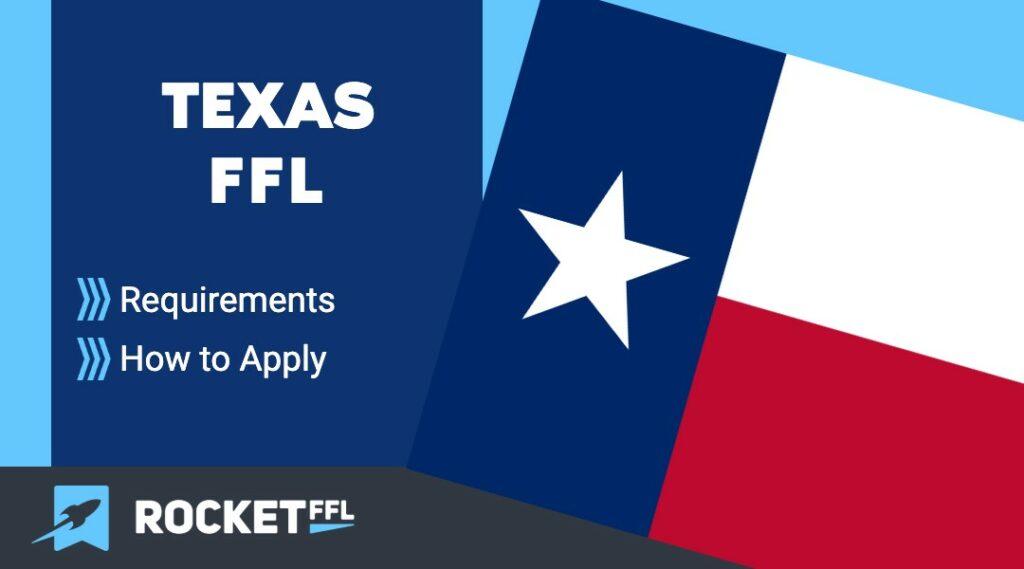
How to Get an FFL in Texas [2025] TX FFL Guide
If you’re thinking about getting a Federal Firearms License (FFL) in Texas so that you can be a gun manufacturer or firearms dealer (even from your home) in the lone-star state, then you’re in the right place.
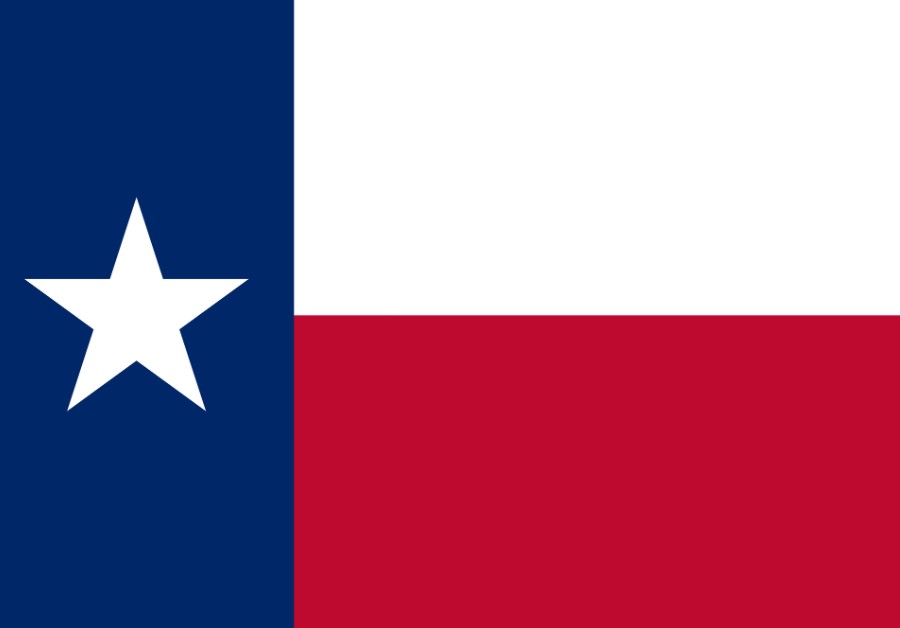
Most of the requirements for getting your FFL License are federal rules and regs, however, each state also has its own requirements for getting an FFL.
Thankfully, Texas is gun friendly…. but, there are still some things to watch out for. As we’ll explore more later, local zoning laws can be tricky and can cause a problem for getting your FFL (especially if you don’t know the right way to navigate them).
Let’s take a quick overview of the basic federal requirements and then dig into everything that is required to get your FFL in Texas.
In this “Getting Your FFL in Texas Guide” we’ll cover:
- FFL License Cost in Texas
- Steps to getting an FFL
- Texas Class 3 License
- Federal FFL License Requirements
- Texas State Requirements for Getting an FFL
- Local (city/town/county) FFL License Requirements
- Texas FFL Summary
FFL License Cost in Texas
An FFL in Texas costs between $30 and $200 for the first three years.
The price for an FFL in Texas varies depending on which FFL Type you choose.
If you get a Type 01 FFL, the most popular license type, to buy and sell guns as a firearm dealer and/or be a gunsmith, it will cost $200 for the first three years and then only $90 for every three-year license renewal thereafter.
If you’d like to make guns for sale, you’ll want the second most common type of federal firearms license, a Type 07 manufacturers FFL. The Type 07 FFL costs $150 for the first three years and also for every three-year renewal.
As you can see, it’s cheaper for the first three years to get a Type 07 FFL for manufacturing firearms (which also allows you to sell them) but the Type 01 FFL for dealers and gunsmiths is less expensive in the long run.
There are some other costs to be considered to getting a TX FFL, if you’d like to learn more, checkout our breakdown of all the FFL costs.
| FFL License | Application | Renewal | Years |
|---|---|---|---|
| Type 01 | $200 | $90 | 3 |
| Type 02 | $200 | $90 | 3 |
| Type 03 | $30 | $30 | 3 |
| Type 06 | $30 | $30 | 3 |
| Type 07 | $150 | $150 | 3 |
| Type 08 | $150 | $150 | 3 |
| Type 09 | $3,000 | $3,000 | 3 |
| Type 10 | $3,000 | $3,000 | 3 |
| Type 11 | $3,000 | $3,000 | 3 |
Steps to Getting an FFL in Texas
To get your FFL in Texas, you only need to follow a few steps:
- Step 1: Ensure you meet the requirements
- Step 2: Choose the right type of FFL for you
- Step 3: Take an FFL course
- Step 4: Apply for you FFL License
Step 1 – Meet FFL Requirements
Before you start the FFL application process, you MUST make sure that you meet the federal FFL requirements (included below).
There are also some location requirements, like Texas state requirements and zoning rules, that you’ll also have to meet (included below) for all FFLs.
If you’re looking into getting a home-based FFL, there are a few tricks – I share all of these and more in the Get Your FFL Guide.
Step 2 – Choose the right type of FFL
The type of FFL that is right for you depends on what you want to do with it.
If you want to be a firearm dealer and/or be a gunsmith, then you’ll only need a Type 1 FFL.
If you want to manufacture firearms, then you’ll need a Type 7 FFL. It’s important to note that a Type 7 Federal Firearms License also lets you be a firearms dealer – therefore, if you want to manufacture and sell firearms, a Type 7 FFL covers both!
The Type 1 FFL is, by far, the most popular followed by the Type 7 FFL. To learn more, check out FFL Types.
In the table below, we show you what each FFL License type is for. You’ll see some information about “Class” this refers to the Class of SOT (for NFA Firearms). If you’re not sure what this is, don’t worry, we cover all of this in our Get Your FFL Guide. Also, you can check out our SOT License Guide.
FFL License Types
| FFL License Type | FFL License Purpose | SOT Class |
|---|---|---|
| Type 01 FFL | Dealer/Gunsmith of Firearms | 3 |
| Type 02 FFL | Pawnbroker/Dealer of Firearms | 3 |
| Type 03 FFL | Collector of Firearms | n/a |
| Type 06 FFL | Manufacturer of Ammunition | n/a |
| Type 07 FFL | Manufacturer/Dealer of Firearms and Ammunition | 2 |
| Type 08 FFL | Importer/Dealer of Firearms | 1 |
| Type 09 FFL | Dealer of Destructive Devices | 3 |
| Type 10 FFL | Manufacturer/Dealer of Destructive Devices | 2 |
| Type 11 FFL | Importer/Dealer of Destructive Devices | 1 |
Step 3 – Take an Online FFL Course
The actual process of getting your FFL License can be difficult.
Sure, you can do it on your own (I have). But, if you want to make sure that you set it up the right way and don’t run into any troubles later, please consider taking out FFL License course.
Yes, this step is telling you about a course we sell. But, encouraging you to learn more isn’t just a sales pitch. I am a firearms attorney that specializes in ATF compliance and I’d make much more money letting people get their FFL the wrong way and then charge them my hourly rate later to fix it. I don’t want that. You don’t want that.
Step 4 – Apply for Your FFL License in Texas
After you’ve made sure that you meet the requirements for an FFL, you selected the right type of FFL for your needs, and taken your course, you’re finally ready to apply for your Federal Firearm License.
Now, the steps to this can be very difficult and may require multiple forms and extra steps depending on your location.
However, if you took the Rocket FFL course, you’ll have every detail and access to all the necessary forms in order to get your own Federal Firearms License hassle free.
How to Get a Texas Class 3 License
Getting a class 3 license in Texas starts with getting your FFL.
After you have your FFL, you can then register to become a Special Occupational Taxpayer (SOT) to start working with NFA firearms.
Technically, there’s really no such thing as a “Class 3 License.” Instead, “Class 3” is the class of SOT that an FFL needs to be in order to sell NFA Firearms like suppressors (silencers), Short Barreled Rifles (SBRs), Short Barreled Shotguns (SBS), Full-Auto Machine Guns, and “Any Other Weapons” (AOWs).
There are also other Classes of SOT for FFLs who make those NFA firearms and for those who import them.
We walk you through the whole process in our Class 3 License Guide.
Also, you can learn more about becoming an SOT in our SOT License Guide.
Federal FFL License Requirements
Even though you’re looking to get your FFL while living in Texas, the first requirements to look at are the federal FFL License requirements.
Thankfully, the federal FFL Requirements aren’t that burdensome.
In over-simplified terms, if you are at least 21 years old, lawfully able to possess firearms and ammunition, and have a location and business-intent, then you qualify for an FFL.
FFL License Requirements:
- Be a U.S. Citizen
- Be at least 21 years old
- Be legally allowed to possess firearms and ammunition
- Have a location for conducting FFL activities (home-based FFLs are the most popular FFLs in the country)
- Ensure that your business activity at that location meets zoning requirements
- NOT have violated the Gun Control Act (GCA) or its regulations
- NOT lied on your FFL application
[18 U.S.C. 923(d)(1); 27 CFR 478.47(b)]
If you’d like to learn more, check out our article on FFL Requirements.
Once you meet the federal FFL Requirements, it’s time to move on the Texas FFL Requirements and then apply for your FFL.
Texas State Requirements for Getting an FFL
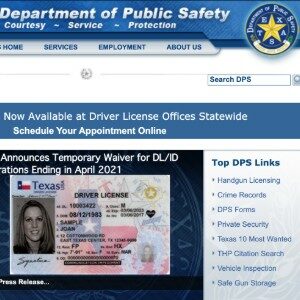
State requirements for an FFL can be broken down into two categories:
- State licensing requirements, and
- Business registration requirements
Some states require extra licensing or registration for FFLs and all states require business registration.
Texas FFL Licensing Requirements
Good news! Texas has no special licensing requirement for FFLs.
This means that your FFL is all you’ll need to be engaged in the business of firearms in Texas.
If you move your FFL to another state, however, you may have state-level registration requirements in your new state.
Texas Business Registration Requirements
Just as with any other state, you’ll need to register your business with the State of Texas.
If you register your business in another state (we suggest this in our Get Your FFL course), you’ll still need to have an official presence in Texas.
To register your FFL business in Texas, you should check out the steps to starting a TX business by the Texas Department of Economic Development which cover registering with the Texas Secretary of State and the Texas Business Permit Office (if necessary).
Texas Local (City/Town) FFL Requirements
Local zoning issues can be one of the biggest hang-ups for people applying for their FFL.
Getting around zoning issues is not that hard once you know a few tricks.
But, you MUST ensure that the location you have chosen (most often a home-based FFL) allows for a business.
Unfortunately, too many people are told that they can’t have an FFL in a residential area and they give up. Very often, the restrictions on business in certain areas are due to a misunderstanding about business activity.
For example. zoning departments hear “FFL” and they assume heavy foot traffic and retail activities, But, most home-based FFLs are only occasionally having a customer stop by and aren’t going to be having retail-level traffic.
We cover this and more, including business hour requirements, in our Get Your FFL course.
Texas FFL Summary
Getting your FFL in Texas is one of the easiest states to got your license.
There are no extra state requirements for getting an FFL License and the local zoning requirements are the same as any other state.
Of course, having Texas being so gun-friendly doesn’t hurt.
If you’re ready, get started with your Texas FFL today.
Texas Federal Firearm License FAQs
Q: Does Texas require extra licensing for FFLs?
A: No, there are not extra licensing requirements for FFLs in Texas
Q: Do I need to register a business for an FFL in Texas?
A: Yes, if you are forming a business for your FFL, then it must be registered in Texas.
Q: How much does an FFL cost in Texas?
A: An FFL in Texas costs anywhere from $30 to $200 for 3 years. For a full breakdown on the cost of an FFL, check out How Much Does an FFL Cost?.
Recommended Posts
14 thoughts on “How to Get an FFL in Texas [2025] TX FFL Guide”
Leave a comment

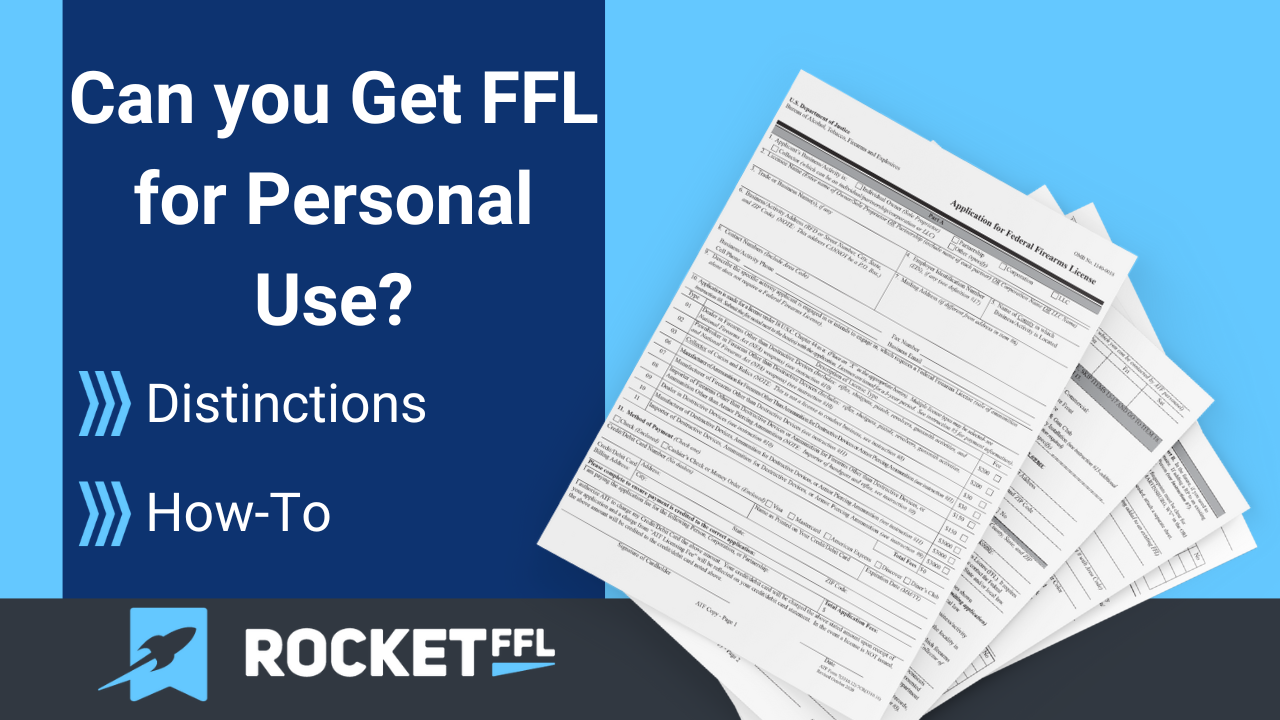
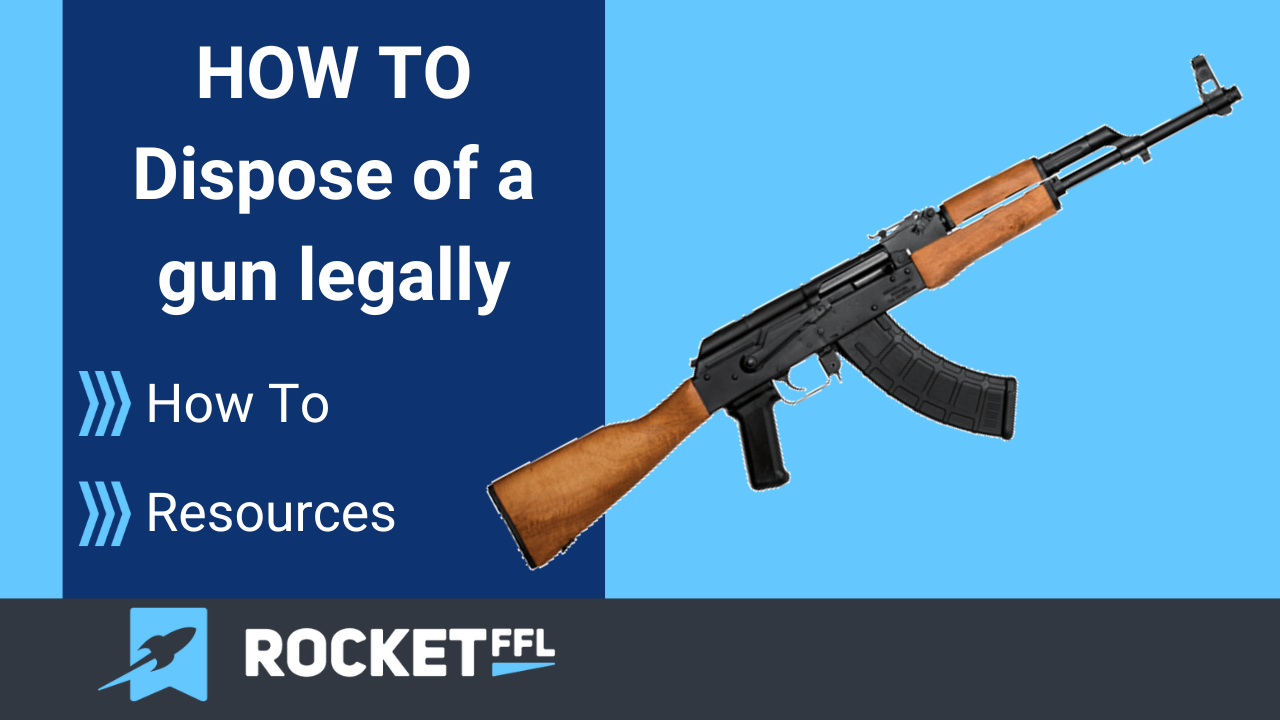
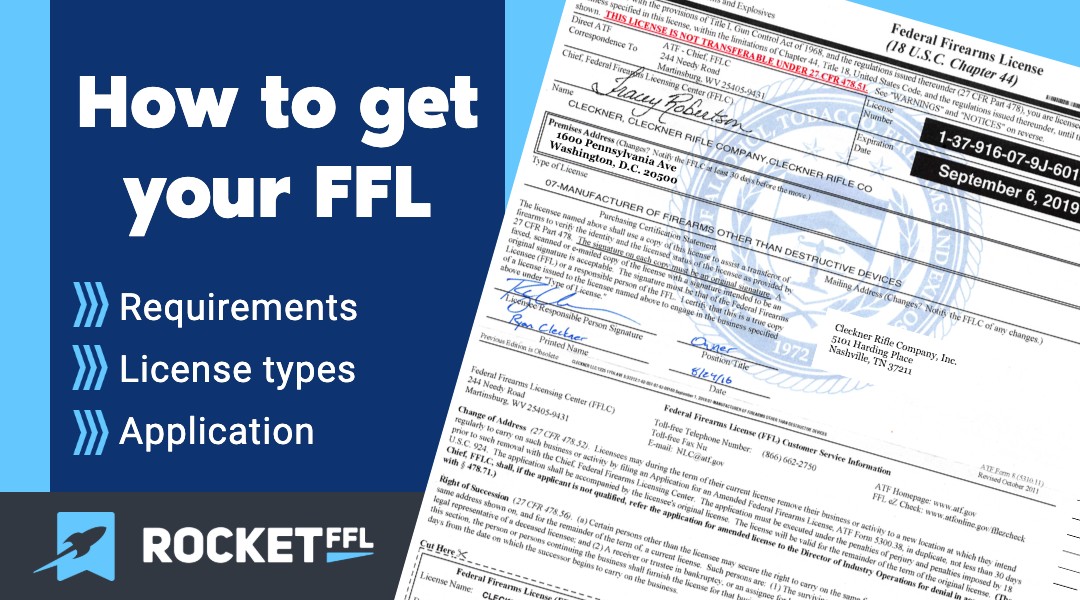
I live with my daughter and son-in-law at their home. Am I able to get an FFL at that location?
Yes, but you’ll need to make an extra step on your application (we cover this in our Get Your FFL course)
Hi, I want to start an at home business, using an FFL to sell guns part-time through an online store. I live in Bexar County, Texas, outside city limits, of San Antonio, so I didn’t find any county zoning regulations. I do have an HOA, in my community, but based on the language I don’t think it will be an issue.
“Permitted Uses. The Properties, except for the Common Areas, shall be used for private, single-family residential purposes only, or as part of the Common Areas; provided, however, that only one (1)
such private single-family residence may be constructed, or otherwise placed upon, any one Lot. No professional, business, or commercial activity to which the general public is invited shall be conducted on
any portion of the Properties or any Lot, except an Owner or occupant of a residence may conduct business activities within a residence so long as: (i) the business activity is conducted without the
employment of persons other than the residents of the home constructed on the Lot; (ii) the existence or operation of the business activity is not apparent or detectable by sight, sound, or smell from outside the residence, i.e., no sign may be erected advertising the business on any Lot; (iii) the business activity conforms to all zoning requirements for the Subdivision; (iv) the business activity does not involve door-to-door solicitation of residents within the Subdivision; (v) the business does not generate a level of vehicular or pedestrian traffic or a number of vehicles parked within the Subdivision which is noticeably
greater than that which is typical of residences in which no business activity is being conducted; (vi) the business activity is consistent with the residential character of the Subdivision and does not constitute a nuisance, or a hazardous or offensive use, or threaten the security or safety of other residents of the Subdivision; and (vii) the business does not require the installation of any machinery other than that customary to normal household operations. The terms “business” and “trade”, a s used in this Subsection, shall be construed to have their ordinary, generally accepted meanings and shall include,
without limitation, any occupation, work, or activity undertaken on an ongoing basis which involves the provision of goods or services to persons other than the provider’s family and for which the provider
receives a fee, compensation, or other form of consideration, regardless of whether: (a) such activity is engaged in full or part-time; (b) such activity in intended to or does generate a profit; or (c) a license is
required. ”
The ATF shouldn’t have any issues with this correct? If so, then I’ll get an EIN, take the course, and apply.
Thanks
Unfortunately, there’s a few other things that may affect this – we cover this, and more, in the Get Your FFL course. Also, please wait to get your EIN until you take the course – there are some considerations for business type that I’d like you to be aware of.